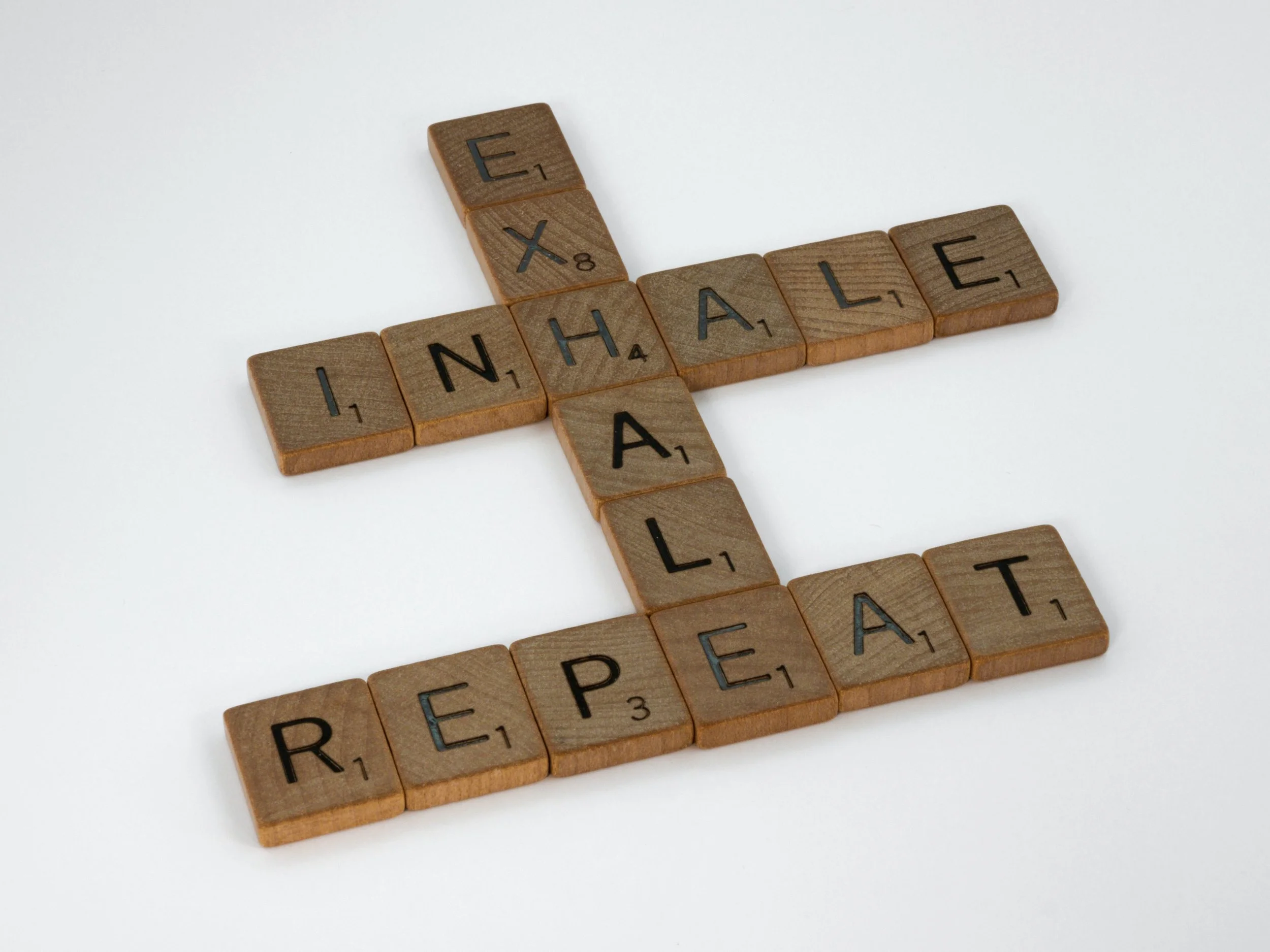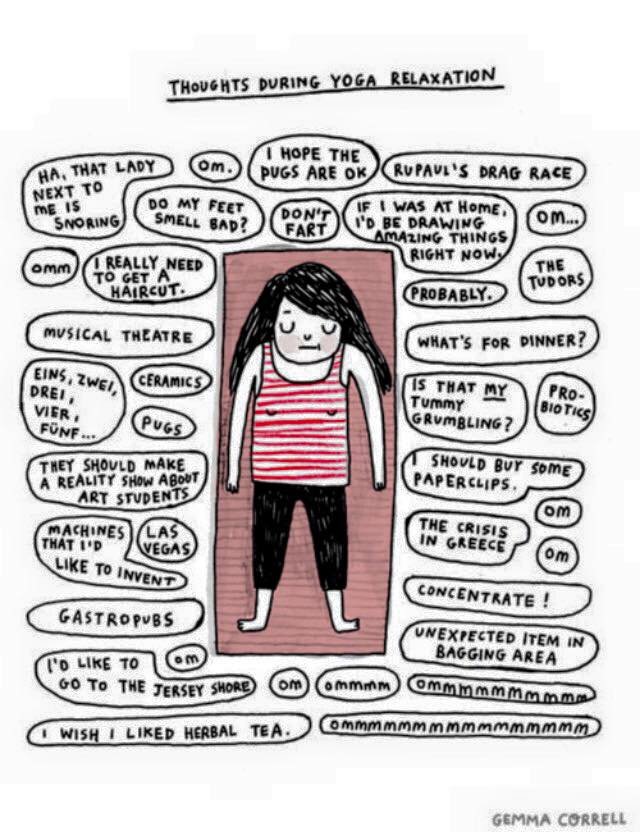In my last blog post, I suggested the 5-4-3-2-1 grounding exercise for when you’re feeling out of control and really need to come down from an intensity of emotion and thought. In particular, anxiety and trauma can bring on what may feel like a cyclone of negative images, thoughts, and feelings sucking you deeper and deeper down into the abyss. It’s easy to feel trapped here, in pain and distress, helpless to pull yourself out. Fortunately, it can be constructive to utilize a grounding technique to more effectively step away from your ruminating thoughts.
Here’s another very simple breathing/meditation exercise that attempts to turn on the relaxation response through mindfulness - an antidote to the fight or flight response. The time of day you perform this simple meditation isn't really all that important, you just want to make sure not to attempt this exercise immediately after eating a meal since it appears that digestion interferes with our physiological ability to enter into a state of complete relaxation. Follow the steps below and try it out!
1. Sit quietly in a comfortable and relaxed position.
2. Close your eyes.
3. Do an internal body scan and deeply relax your muscles beginning at your feet and ending at your face.
4. Breathe through your nose. Begin to come into awareness of your breath noting how your body feels with each inhale and exhale. Focus your concentration on your breath. As extraneous thoughts begin to intrude on your meditation, note them without judgment, set them aside, and return your focus to your breath. For many people, this is easier to achieve if you add a word into your thoughts, something that has no extra meaning to you. For example, you might repeat the word "One" or even "Om" on each exhale in your mind or out loud. The word Om originates in Hindu and Buddhist teachings and is often used as a mantra in meditative practices. Breathe easily and naturally.
5. Continue for 10 to 20 minutes. (Honestly, if you only have five minutes, then five minutes it is!) You may open your eyes every once in a while to check the time but try not to use an alarm clock. When you are ready, relinquish your single-mindedness on your breath and your word and sit quietly for a few minutes, at first with your eyes closed and then with your eyes open.
6. Don't worry about whether or not you've achieved relaxation. The process is a passive one that is not achieved by reaching. With practice, the relaxation response can be attained more and more easily.
If you find yourself continually drifting away from your breath and noticing that you can’t retain focused concentration on your word, then congratulations, you’re human! It is a fact of the human brain that it is constantly churning through random thoughts so it is really easy to feel like you’re not particularly good at meditation. Many people have this thought and then end up giving up on meditation. Let’s flip the script. Being terrible at meditation is giving your brain tons and tons of practice at redirecting your thoughts. It’s a good thing! Have you ever had a bad day and your brain just can’t turn off all the negative self-talk? Do you ever wish you could just stop your brain and move on? In meditation, putting all this practice into noticing where your thoughts have wandered to and making the intentional choice to step away from them and redirect towards your breath makes it more and more possible to do the same when you are stuck in a mindless feedback loop of self-criticism. Through meditation, you’re exercising the muscles in your brain so that you can access those skills more readily when you really need them.
Try it out and let me know how it goes!
If you’ve been thinking for a while now that you need some additional support in dealing with your anxiety and stress, check out more about how our practice can help you deal with anxiety and trauma. Our anxiety therapists are experienced and looking forward to helping you become your best self.
Contact us today to schedule an appointment with one of our therapists if you’re ready to take the that first step towards finding yourself again. We are eager to support you!

